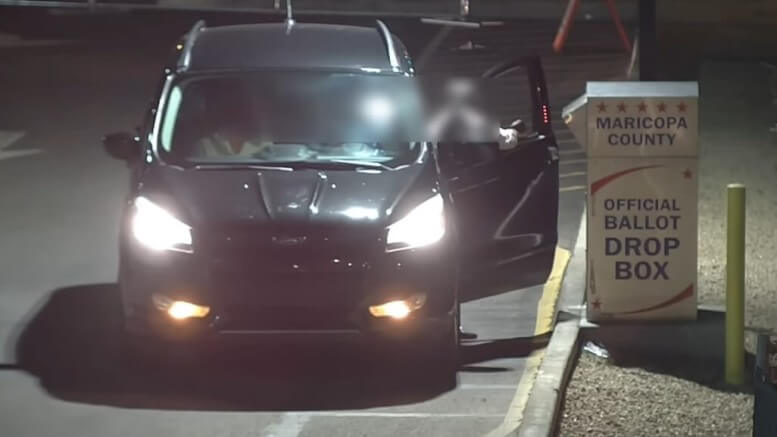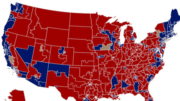Kari Lake is challenging the results of Arizona’s gubernatorial election in court. An Arizona judge set motion and hearing dates in the case to conclude by the end of this week, with any trial to end by December 22nd. This court – unlike so many others, including the U.S. Supreme Court – is actually going to look at the evidence of election irregularities.
And, boy, is there a lot to look at in Arizona.
Kari Lake’s lawsuit points to massive printer-tabulator failures, unregistered voters casting ballots, thousands of mail-in and drop box ballots that did not satisfy signature verification requirements, hundreds of thousands of ballots lacking chain of custody verification, and 25,000 ballots added to vote totals after election day without any explanation. The margin of victory was 17,000 votes. Critics counter that voters who experienced machine problems still had their ballots counted separately later.
Kari Lake is asking the court to declare her the winner by throwing out illegal ballots or, in the alternative, to order a new election with Democrat candidate and Secretary of State Katie Hobbs and Maricopa County Recorder Stephen Richer who have conflicts of interests barred from administering the election.
Additional legal challenges have been filed by Attorney General candidate Abe Hamadeh, Secretary of State candidate Mark Finchem, and a state senator.
The legal challenges are only half the picture.
Other irregularities have been alleged that paint a very disturbing picture:
I mentioned conflicts of interest. As Secretary of State, Katie Hobbs was overseeing her own election, leading some to ask whether she was barred by state law from doing so. Maricopa County Recorder Stephen Richer started a dark money PAC to work against Kari Lake. Hobbs and Richer both colluded with the federal government to get social media platforms to take down posts critical of Hobbs.
Republicans were excluded from hand recounts in close races in Maricopa County.
There is video evidence of illegal ballot harvesting, with a number of mules dropping multiple ballots into drop boxes.
There is a good argument to be made that the problems with the tabulators suppressed the Republican vote on election day – perhaps by design – as people got tired of long lines at polling places and gave up.
There were other problems in addition to lack of chain of custody documentation for mail-in ballots at Maricopa County’s print vendor Runbeck Election Services. Employees were allowed to add ballots to the mix and nobody knows how many were added. The Runbecks contribute frequently to the Democrat Party, its candidates, and aligned PACs.
Problems with the voter rolls were also reported – thousands of changes made and new voters added after legal deadlines, voters supposedly living at business addresses, and people casting ballots from addresses different from where their ballots were sent.
Nobody can look at all this and say with a straight face this was a free and fair election. Kudos to Kari Lake and the others for bringing legal challenges to get to the bottom of it.



